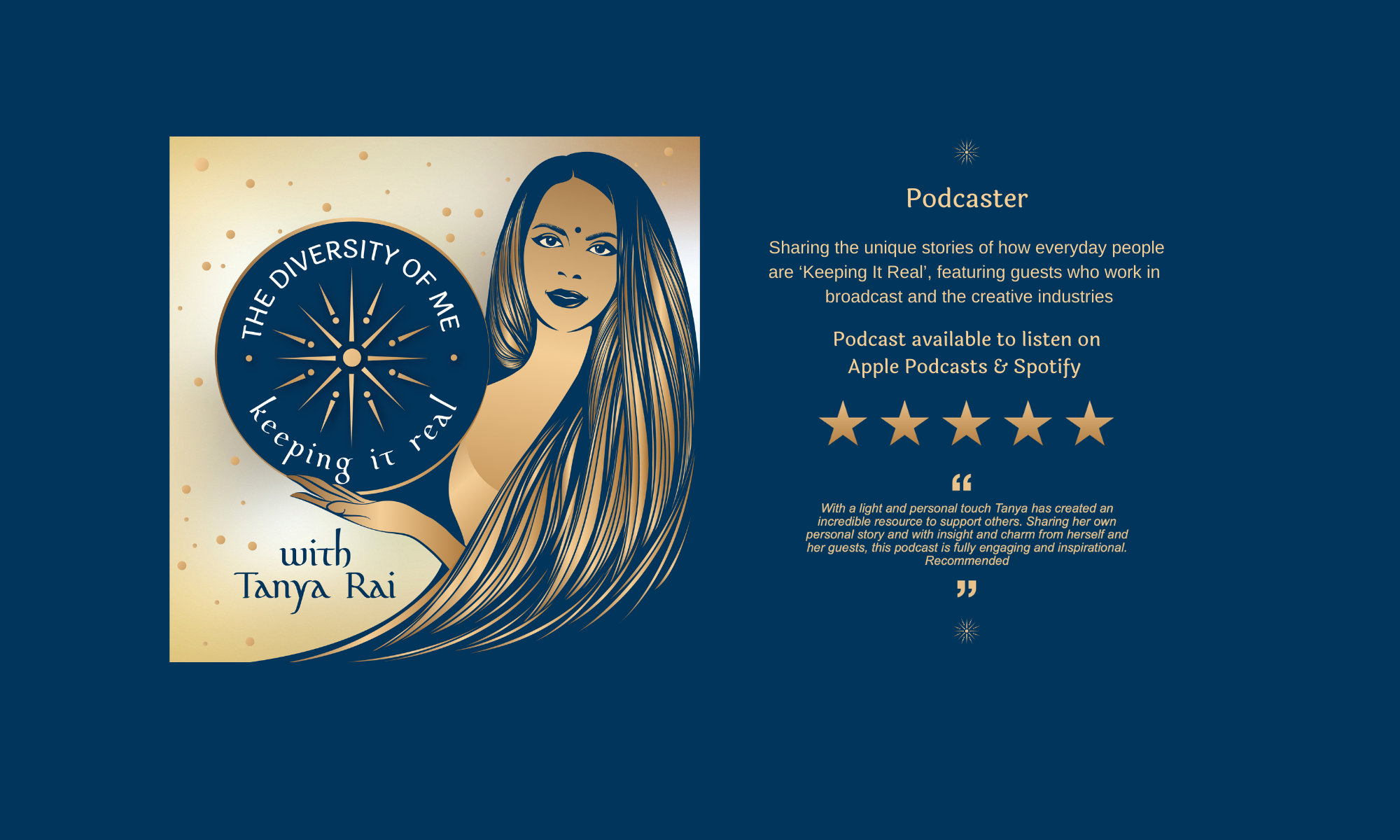So. Mental Health Awareness Week. Everyone’s been talking about it. I’ve jumped on the band wagon. Clearly.
I am someone who has actively advocated the importance of emotional well-being. If you’re a regular listener of my podcast, you’ll know that with every series I have included a bonus episode with Uschi, who used to be my counsellor. I’ve listed where you can listen to these episodes at the end of this blog post. We talk about her top three ‘Keeping It Reals’ that we should all live by generally, how to overcome your childhood and affirmations vs afformations- what’s that last one? Listen to the episode!
I’m writing this at 11pm on a weeknight…when I promised myself I would improve on my ‘sleep hygiene’ and make sure I get a good solid 8 hours sleep per night. Alas, that’s not going to happen tonight, because now my mind is whirring away with what I want to say in this particular post.
It shouldn’t take a ‘Mental Health Awareness Week’ for us to acknowledge how vital it is for us to be talking about depression, emotional well-being, anxiety, bi-polar, psychosis etc, without it being a taboo subject. I use to tell my friends that depression (and the like) is like a cancer of the mind. Not from personal experience – I can’t say I have been depressed or lived with an illness that affects the mind. But I have been around people close to me who live with depression and psychosis. And in my not so distant past I have felt despair. I know how tough it is when you can’t think straight, when you can’t see the wood for the trees, when it feels like there is no light at the end of the tunnel…except there is… always… light at the end of the tunnel. Cliché
I want to share what helped me… and it was counselling. I’ve written about the benefits before so I won’t repeat myself (check out this previous blog post here). But I did have another great tip to share from Uschi…
In my sessions with her I used this term ‘get a grip’ consistently, not just about myself but when I was talking about others too. Needless to say, it really isn’t helpful to have this mindset and expectation of oneself… or others!
For me, I used this term as a way of blocking my feelings. I’d put on a show for everyone, the smile was always on display. In 1:1 chats with people I would breakdown…sometimes when there wasn’t time for those chats, I’d sit alone, in my car, in the carpark at work, at the end of a long day of ‘keeping up appearances’ and just cry. Proper snotball sobbing (attractive). Then I’d give myself a hard time for allowing myself to cry and keep telling myself ‘I need to get a grip’.
My expectation of others was not down to a lack of empathy. I used to be quite the people pleaser and always put others before myself. It was more because I would build resentment to those I was ‘pleasing’ and myself. I would wish they would change and just ‘get a grip’ because I felt like I was being taken for a mug. And then I’d beat myself up for not doing anything about it – and that’s no good for no-one.
So Uschi’s tip on getting over ‘getting a grip’ was to put my hand on my heart and just allow myself to feel what I feel. If you follow me on social media, you’ll know that I refer to ‘Hand on Heart’ a lot and use these emojis 

By taking a few moments to put 

So that’s it…from Uschi – 

Oh and I do have another tip – a recent discovery – the Wim Hof Method! It’s a breathing technique that just opens me up and has really helped transform my meditating! Check out Russell Brand’s podcast Under The Skin. He has a specific episode with Wim Hof which you can listen to here. Fast forward in at 59 minutes and 17 seconds. This breath work is an amazing way to get a natural high…it gives me the tingles! I’ve been doing this first thing every morning for the last couple of months… it’s the best way to start the day!
Here are the podcast episodes with Uschi I mentioned earlier: Her Keeping It Reals, How To Overcome Your Childhood, Affirmations vs Afformations.
If you need help with your emotional well-being there are affordable alternatives to private counselling (just because NHS waiting lists are huge). Better Help could work for you. There are also the charities Mind and Samaritans who can offer you support. In the meantime, I hope the podcast episodes I have shared goes some way to helping you or someone you know.





